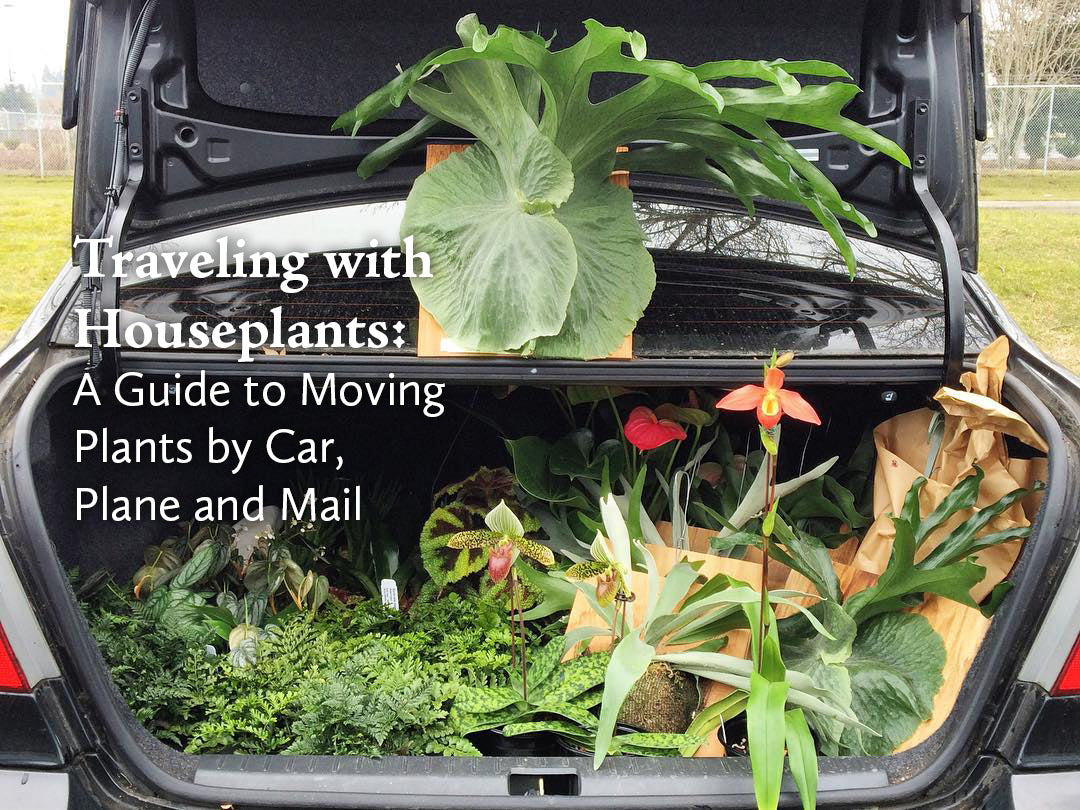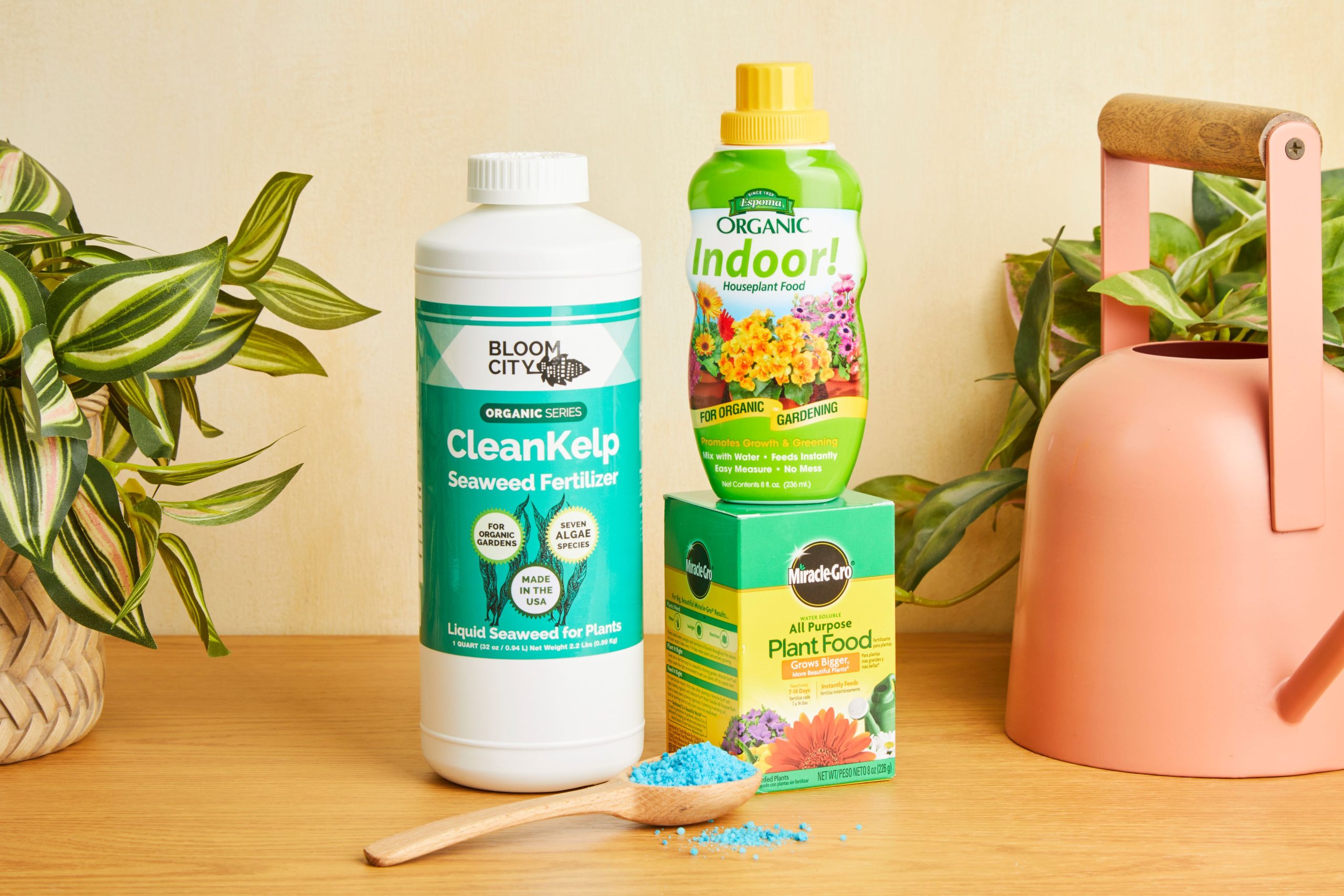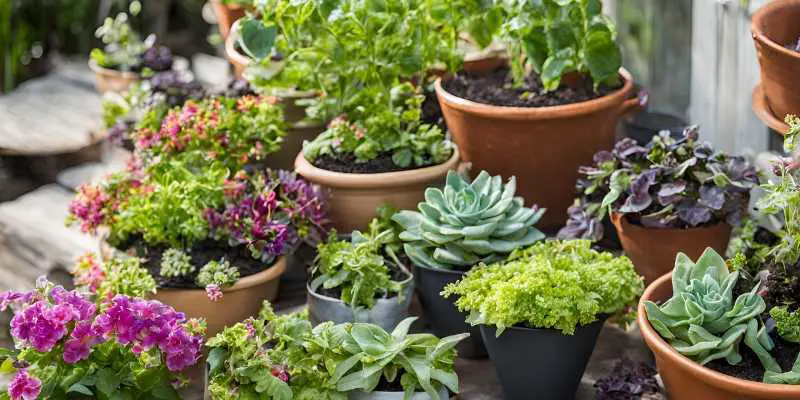Moving house plants can be tricky. They need special care to survive the move.
House plants bring life to any home. But when it’s time to move, ensuring they stay healthy is crucial. Many plants are delicate and need specific conditions to thrive. During a move, they face risks like damage, temperature changes, and lack of water.
This guide will help you understand the best way to move house plants. You’ll learn simple steps to keep your green friends safe and happy. Whether you have a small cactus or a large fern, these tips will make your move smoother. Get ready to give your plants the best chance to flourish in their new home.

Credit: eeward.com
Preparation Steps
Prepare house plants for moving by watering them a few days before. Remove any dead leaves and check for pests. Pack plants in sturdy boxes with cushioning materials.
Assess Plant Health
Check each plant for pests or diseases. Remove dead leaves and branches. This helps plants stay healthy. Trim if needed. Healthy plants move better. Sick plants might not survive the move. Inspect the soil too. Make sure it is not too wet or dry. A little moisture is good.
Gather Necessary Supplies
Gather sturdy boxes for moving. Use plastic pots if possible. Soil can spill from clay pots. Get bubble wrap or old newspapers. These protect plants during the move. Watering cans should be on hand. Labels help identify plants. Mark which side is up on each box. Secure the plants with ties or string.
Choosing The Right Time
Timing is crucial for moving house plants. Early morning or late evening ensures less stress. Avoid extreme temperatures for better plant health.
Consider Seasonal Factors
Spring and early summer are the best times to move house plants. These seasons offer mild temperatures. Plants recover faster in this weather. Avoid moving plants in extreme heat or cold. This can stress them. Fall is also a good time. Avoid winter moves. Cold weather can damage plants.
Optimal Time Of Day
Morning is the best time to move plants. The weather is cooler. Plants get a chance to adjust. Avoid moving plants in the afternoon. It can be too hot. Evening moves are also good. The day cools down by then.
Pruning And Trimming
Pruning and trimming ensure house plants stay healthy during the move. Proper care helps avoid damage and promotes growth in the new location.
Remove Dead Leaves
Before moving, always check for dead leaves. Dead leaves can harm the plant. Use clean scissors to cut them off. This keeps the plant healthy. Removing these leaves helps the plant use its energy better. The plant will grow strong in its new home.
Shape The Plant
Trim the plant to keep a good shape. Shaping helps the plant stay balanced. It also makes moving easier. Cutting long branches can prevent breakage. A well-shaped plant is happier and healthier. Regular trimming keeps your plant in top form.

Credit: www.reddit.com
Watering Guidelines
Water your plants a few days before the move. This helps the soil stay moist. Avoid watering on the moving day. Wet soil can make pots heavy and messy. Check the weather. If it is hot, water a little more. For cold weather, water less. Healthy plants travel better.
Once settled, water your plants right away. They may need extra water. Moving can stress them. Check the soil. If dry, water until moist. Do not overwater. Let them adjust to the new place. Keep an eye on them for a few days. Healthy plants will bounce back.
Packing Techniques
Securely move house plants by placing them in sturdy boxes and cushioning them with soft materials. Ensure pots are stable to avoid tipping during transit.
Use Proper Containers
Choose sturdy pots or boxes for your plants. Containers must be strong enough. They need to hold the weight of the plant and soil. Plastic pots are a good option. They are lightweight and durable. You can also use cardboard boxes. Make sure to add holes for air. This keeps the plants healthy during the move. Line the boxes with plastic. This prevents leaks and keeps the soil moist.
Secure The Plants
Wrap each plant carefully. Use bubble wrap or newspaper. This protects them from damage. Place each plant snugly in the container. Avoid leaving too much space. Fill gaps with packing peanuts. This keeps the plants from shifting. Label each container. Write “Fragile” and “This Side Up” on the boxes. This helps movers handle them with care.
Transporting Plants
Choose a vehicle with enough space. Plants should not be crowded. They need air. Temperature is important. Not too hot. Not too cold. Keep the vehicle ventilated. Windows can help with this. Avoid direct sunlight. It can harm the plants. Use shades if necessary. Secure the plants well. They should not move around. This prevents damage.
Lift plants carefully. Do not drop them. Use both hands. Support the pot. Be gentle. Avoid shaking the plants. They are delicate. Place them in the vehicle gently. Do not stack heavy items on them. Check them occasionally. Ensure they are stable. Make sure they are safe during the trip. Water them lightly before the trip. Not too much. Just enough to keep them moist.
Unpacking Process
Place the plants in a safe spot. Open each box slowly. Check for any damage. Look at the leaves and stems. Gently remove the wrapping. Be patient and take your time. Watch for broken parts. Handle with care.
Check the soil for moisture. See if the plant looks healthy. Look for brown spots. Examine the roots. Are they white and firm? Check for pests. Look under the leaves. A thorough check helps.
:max_bytes(150000):strip_icc()/moving-household-and-garden-plants-2436295-hero-a4de0b520e254dd9a16e93d94ad033db.jpg)
Credit: www.thespruce.com
Post-move Care
House plants need time to adjust. Place them in a similar light as before. Water them as needed. Avoid overwatering. Check soil moisture regularly. Keep the room temperature steady. Avoid drafts or direct sunlight. Let them settle in their new spot. Watch for signs of stress.
Look for yellow or brown leaves. Check for wilting or drooping. These are stress signs. Adjust water and light. Be patient. Give plants time to recover. Remove dead or damaged leaves. Use a gentle touch. Your plants will thank you.
Frequently Asked Questions
How Do You Prepare House Plants For Moving?
To prepare house plants for moving, water them well a few days before. Prune any dead leaves and ensure they’re pest-free.
What Is The Best Way To Transport House Plants?
Transport house plants in sturdy, well-ventilated boxes. Secure them to avoid movement and provide cushioning with packing materials.
Can House Plants Survive A Long-distance Move?
Yes, house plants can survive a long-distance move. Keep them hydrated and avoid extreme temperatures during transit.
Should I Repot Plants Before Moving?
It’s best to avoid repotting plants before moving. Repotting can stress the plants and make them more vulnerable.
Conclusion
Moving house plants can be simple with the right steps. Protect roots carefully. Choose proper containers. Ensure adequate light and water. Handle plants gently. This helps them adjust quickly. Happy plants make a happy home. Follow these tips for a smooth move.
Your plants will thrive in their new space. Enjoy your green companions!

My mission is to help you bring the beauty of nature indoors with expert advice, detailed plant care guides, and creative design ideas.





Leave a Reply